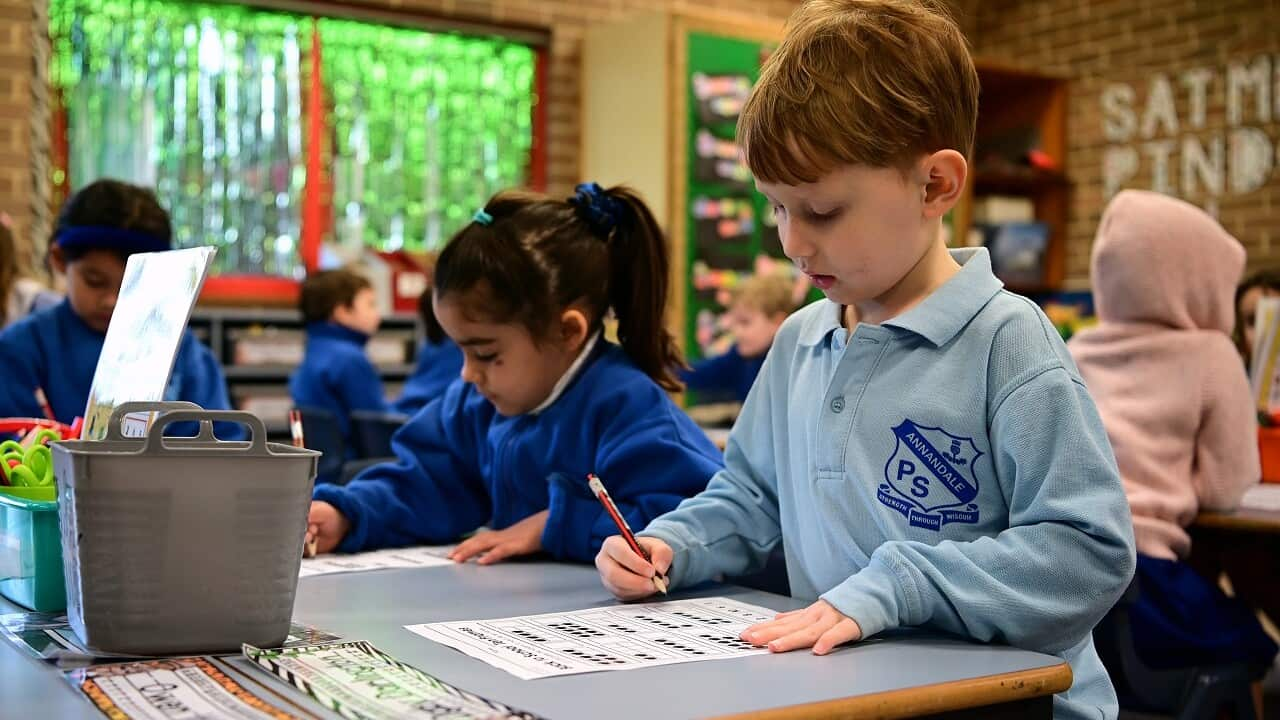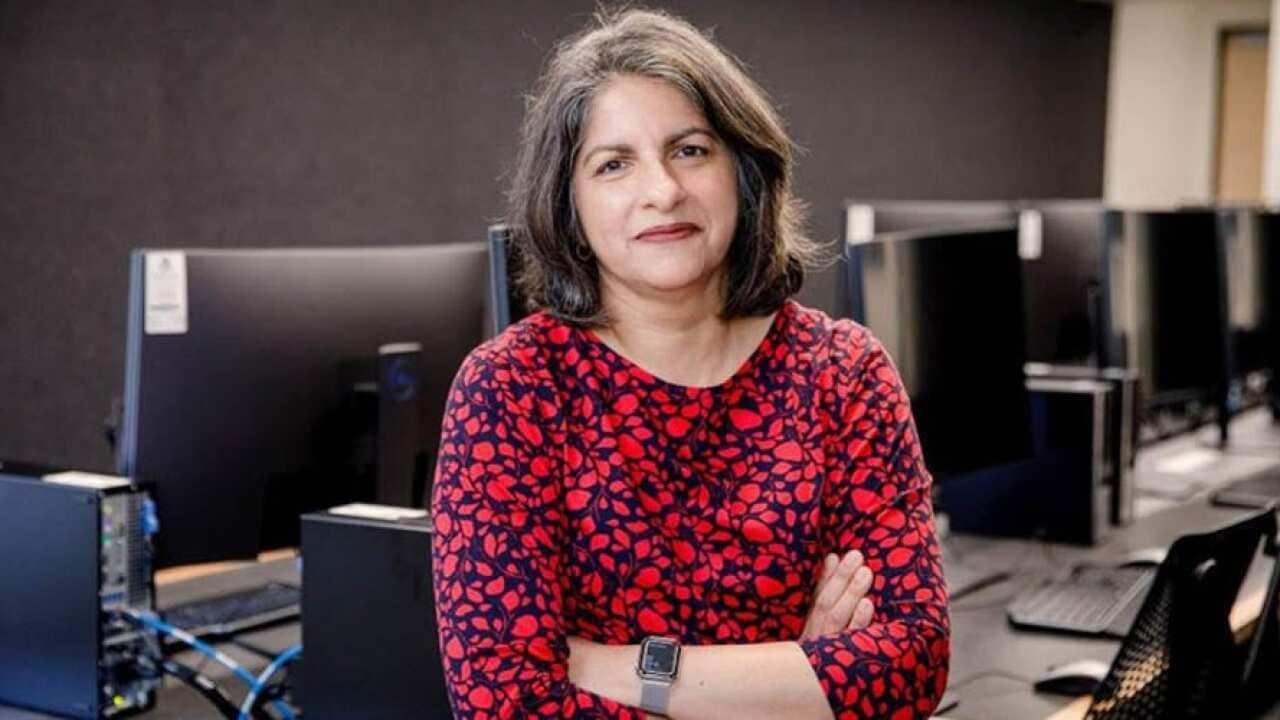In 2014, Manal Khan came to Australia with her family and the three siblings and joined a public school in Year 5. According to her parents, she was good at studies from the beginning and soon started showing great results in the Australian curriculum by receiving many accolades and certificates.
“Children’s education” was one of the primary reasons why the family moved to Australia," Manal’s father Hamid Rahim tells SBS Urdu.
“My wife and I lived in the Middle East [Dubai] for a long time and we decided to have a change in life, but for us, quality education for our children was very important.”
On the perception of ‘great expectations’ of migrant parents to perform well in Australia, Manal says that her parents "never pressurised" her to be the top student in school or achieve highest marks but she always knew they would be overjoyed if she did.
My parents never pressurised me to study hard, but I still knew they wanted me to get good marks.
“Having said that they never expected that I would score the highest marks.” Associate Professor Justine Dandy from psychology in the School of Arts and Humanities at Edith Cowan University has done on 1st and 2nd generation migrant children’s academic performance.
Associate Professor Justine Dandy from psychology in the School of Arts and Humanities at Edith Cowan University has done on 1st and 2nd generation migrant children’s academic performance.

Manal Khan Source: Hamid Rahim
She says that from the in Australia and overseas it is not necessarily the case the migrant parents want their children to do better than local peers but many want them to do very well, in order to pursue further study and good professional jobs.
“The parents want them [children] to have better jobs than they have themselves. Often migrants are under-employed or overqualified for the jobs they are employed in because their qualifications are not recognised and/or their English is not as good as a native speaker.
“Also, because they believe that a good education is more likely to lead to employment based on merit (qualifications/degrees and marks) compared with other employment pathways that might be affected by racial and other discrimination.
Migrant parents often emigrated in order to give their children ‘a better life’. This includes a satisfying, well-paid job.
Manal’s father says that they were overjoyed when they heard about the achievement of their daughter but not surprised as deep down they always knew she was capable of doing that.
“She has always been very organised and finds times for everything. She finds time to do knitting, book reading, exercise or watch television and even then, finds time to study.
She has made all of us very proud of what she has achieved; we were surprised and super happy.
Her father says that her initial studies in Dubai prepared her a lot.
“My children came from a good private school in Dubai to Australia and hence were able to gel in the schooling system here.”
Associate Professor Dandy says that not all children of migrants outperform local children academically; some backgrounds perform better than others, and this can be linked to cultural factors (e.g, highly valuing education) and/or discrimination experience and expectations.
“In my research Anglo-Australian parents (native-born, British heritage Australians) saw a broader range of future employment options for their children and this meant many do not emphasise education (specifically university) to the same extent as migrant parents.”
To achieve good results Manal recommends that “time management” in life is essential.
“Try to solve all the questions from the beginning, if they are mistakes, remember them and keep practising difficult questions.”
SBS Urdu program broadcasts every Wednesday and Sunday at 6 PM (AEST)

